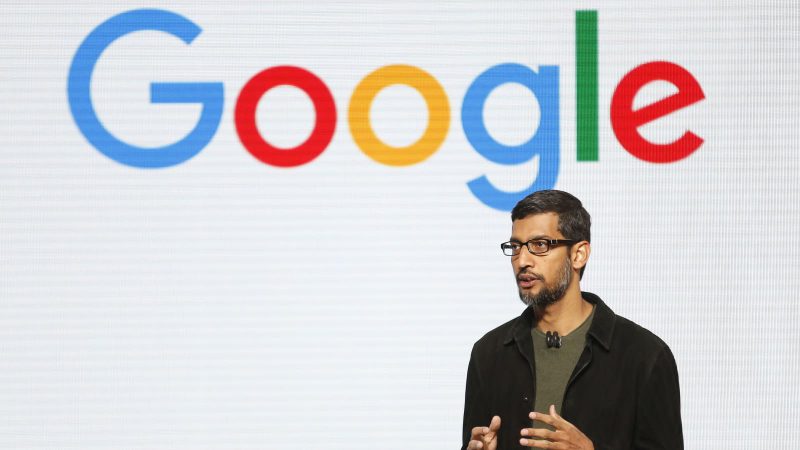While speaking on CBS’s 60 Minutes, Google CEO Sundar Pichai said that society is not ready for the rapid advancement of AI (Artificial Intelligence). The advancement of AI, according to Pichai, will have an impact on “every product of every company.” The Google CEO further added that society would need to adapt to the fast-paced changes brought about by AI. He said that a plethora of jobs would be affected worldwide, such as writers, accountants, architects, and, even software engineers.
Pichai stated,
“For example, you could be a radiologist, if you think about five to ten years from now, you’re going to have an AI collaborator with you. You come in the morning, let’s say you have a hundred things to go through, it may say, ‘these are the most serious cases you need to look at first.'”
Pichai also warned about the consequences that AI could have on fake news and disinformation. He said that the scale of fake news and altered images could be “much bigger,” and that “it could cause harm.”
Google has a host of artificial intelligence products, including DeepMind, where robots learned to play soccer by themselves. Last month, Google released Bard, an AI chatbot, available to the public as an experimental product. It followed Microsoft’s January announcement that the GPT technology from OpenAI would be incorporated into its search engine Bing.
Google calls for regulating AI
Google has released a document involving “recommendations for regulating AI.” In order to make AI secure, according to Pichai, society must fast adjust to regulations, laws, and international treaties.
Pichai added that such regulations are “not for a company to decide.” Moreover, the Google CEO said that “the development of this needs to include not just engineers but social scientists, ethicists, philosophers, and so on.” Nonetheless, Pichai did say that he is optimistic about the future of AI. He said that the number of people who are worried about the implications is larger than with technologies of the past. When asked if he fully understood how it would work when unleashed on society, Pichai stated,
“Let me put it this way, I don’t think we fully understand how a human mind works either.”
It is evident that technology has evolved in the past few decades. It will not be surprising if AI-powered tools soon make their way into the everyday lives of human society. However, the implications and setbacks must be equally evaluated.





